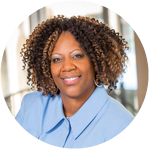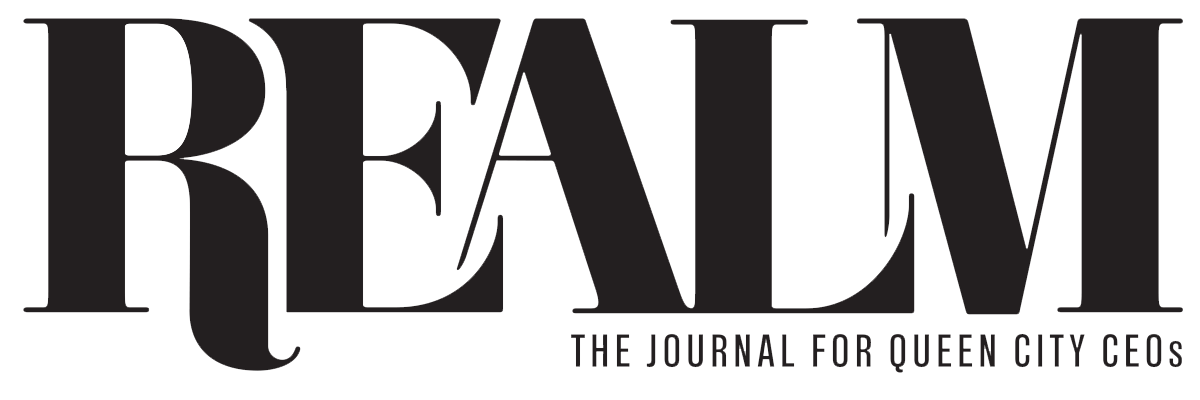Seventeen years ago, a survey by The Cincinnati Post revealed a lack of women in local C-Suites. Why weren’t they advancing? What were their barriers? What tools would help them break through their glass ceilings?
The Cincinnati USA Regional Chamber was tasked with addressing these questions and equipping high-potential, goal-oriented women for career growth. The resulting launch of WE Lead created a yearly 10-month program designed to “elevate the female voice in our community and push women to their next level,” says Devona Stripling, Women Excel (WE) Program Manager.
Each WE Lead cohort includes 54 participants from varying industries and leadership roles—among them marketers, bankers, lawyers, physicians, contractors, scientists, and more. The program begins in September with an overnight retreat followed by five full-day seminars, four half-day coaching sessions, and two private coaching sessions over the subsequent months. Training topics cover personal and professional issues alike, from personal branding and best business practices to building confidence and overcoming imposture syndrome.
For Danielle Lewis Jones, a communications manager in Cohort 16, networking was the program’s most impactful tool. “To be able to connect with so many other young, powerful women in our region was really life-changing for me,” she says. “Sometimes we tend to put ourselves in self-induced silos and think we’re the only ones going through what we’re going through. When you have exposure to other people along your journey, you feel supported.”
Current cohort participant Erica Day says her WE Lead experience has inspired a ripple effect of progress through the First Financial Bank Information Security Team, where she is currently a director. “While facilitating these meetings, I often share topics covered in my WE Lead sessions,” she says. “For example, we recently discussed dealing with burnout and the importance of investing in strong working relationships.”

Channel Smith, a systems manager with Western & Southern, appreciates the WE Lead guidance for navigating a full life of multiple roles as a mother, a partner, and an employee. “One thing they made very clear at the very first session was that you cannot be your best person if you’re not taking care of yourself,” Smith says.
While WE Lead is not designed for women to leave their current place of employment—but rather to enhance the opportunities already around them—participants often find that WE Lead is the spark they need to dislodge career stagnation, whether to grow within their organization or to seek outside opportunities.
With more than 1,000 total graduates across 17 years, WE Lead has become a powerful network that’s here to stay. “What makes WE Lead different is it’s been proven to work,” says Stripling. Applications for the 18th Cohort of WE Lead are open through May 17.


